Web scraping
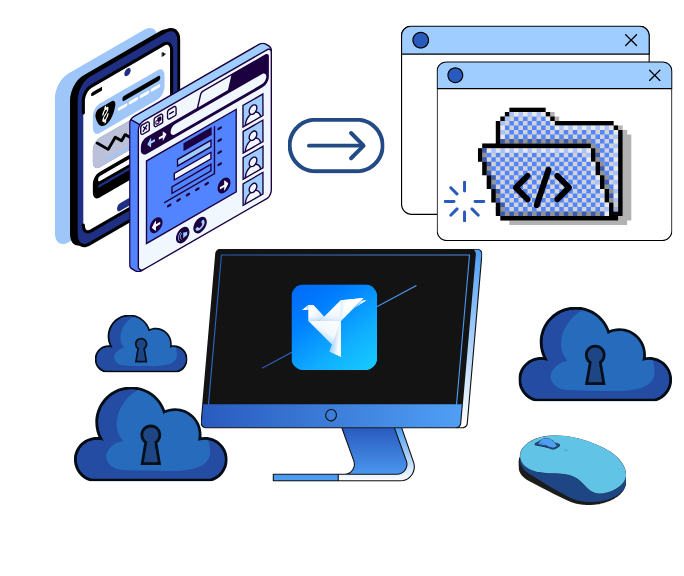

Distinct digital footprints
Centralized control for multiple scraping operations
GeeLark offers unique digital identities with distinct IPs and browser fingerprints for anonymous scraping. Manage all your scraping projects efficiently through our centralized dashboard.

Cloud phones
GeeLark provides access to cloud-based Android phones that operate just like real devices.
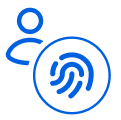
Unique browser profiles
Create browser profiles with different browser fingerprints that mimick real browsing environments.
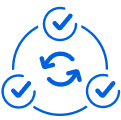
Proxy configuration
While GeeLark doesn’t provide built-in proxies, we support configuration of all types of proxies.

Although a newcomer, GeeLark has managed to offer both innovative and traditional solutions. When it comes to fingerprint spoofing, their cloud phones and browser profiles perform very well.
Proxyway
Anti-scraping defenses
Defeat browser fingerprinting
GeeLark gives each profile a unique digital fingerprint and smart protection to beat CAPTCHAs and traps, keeping your scraping smooth and hassle-free.
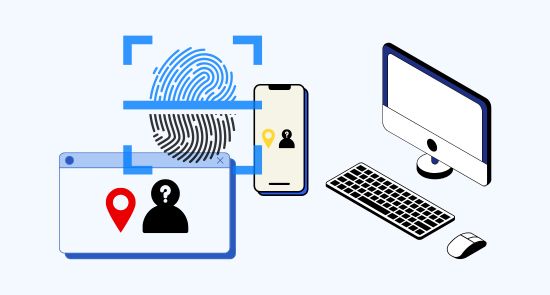

Speed up your process
Automation for large-scale scraping
GeeLark provides automation tools, templates and API access to streamline web scraping operations, enabling efficient large-scale data collection while maintaining anti-detection capabilities.

I recommend GeeLark to anyone looking to automate mobile app workflows with multiple accounts. It has task automation templates for TikTok, Facebook, and YouTube, and you can also create custom ones.
Hitesh Sant
Business technology expert at Geekflare
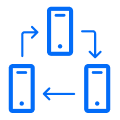
Synchronizer
The synchronizer mirrors actions performed on one cloud phone to all other open ones.
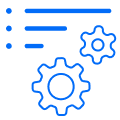
RPA
Use pre-built templates for quick automation or create custom task workflows with our RPA.
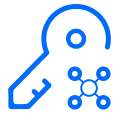
API
With the GeeLark API, you can create, edit, and delete profiles, and automate any phone and browser actions.
Bypass IP tracking
Scrape data without IP restrictions
Sites block suspicious IPs. GeeLark gives each profile a unique IP address through proxy integration, helping you scrape data undetected.
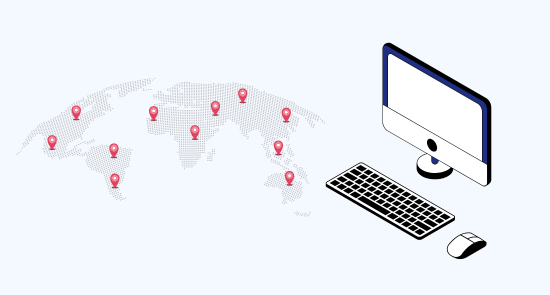
See how GeeLark fits your flow
GeeLark makes multi-account management easy









Frequently asked questions
What is web scraping?
Web scraping is the automated process of extracting data from websites. It involves using software programs or scripts to browse web pages, parse their content, and extract specific information for various purposes such as market research, price comparison, lead generation, and competitive analysis.
Is web scraping legal?
The legality of web scraping is a complex and evolving area, varying by jurisdiction and the specific context of the scraping activity. Factors influencing legality include the terms of service of the website being scraped, copyright law, data privacy regulations (like GDPR or CCPA), and whether the data is publicly available or requires unauthorized access. While public data scraping is often considered permissible, legal challenges frequently arise, particularly concerning intellectual property rights and privacy. It is crucial to consult legal counsel regarding specific web scraping activities.
What is web scraping software?
Web scraping software refers to programs, scripts, or tools designed to automate the process of extracting data from websites. These can range from simple scripts written in programming languages like Python (using libraries such as BeautifulSoup or Scrapy) to more sophisticated, commercial applications with graphical user interfaces. Their primary function is to browse web pages, identify desired data elements (e.g., product prices, contact information, news articles), and then extract and store that data in a structured format (like CSV, Excel, or a database).
GeeLark’s antidetect browser and cloud phone functionalities provide an advanced platform that can be integrated with or act as the environment for running sophisticated web scraping software.
How can I scrape data without facing IP restrictions or blocks using GeeLark?
Websites commonly track IP addresses and block suspicious ones that engage in extensive web scraping. GeeLark directly addresses this by providing unique IP addresses for each digital identity (via seamless proxy integration). This allows you to avoid detection and perform large-scale web scraping operations without interruption, ensuring your data collection remains anonymous and efficient. Each browser or cloud phone profile acts as a distinct source, bypassing common IP-based limitations.
What is GeeLark’s core offering for web scraping?
GeeLark provides a robust Android antidetect browser and cloud phone solution to help address the detection and bans challenges. This unified antidetect tool allows users to manage multiple accounts in multiple browser-based and phone profiles, each with unique digital identities, enabling them to bypass common anti-bot and anti-scraping detection mechanisms, thereby significantly increasing their data collection capabilities.
How does GeeLark offer centralized control for multiple web scraping operations?
GeeLark allows you to efficiently manage multiple virtual profiles, each operating as a distinct antidetect phone with its own unique digital fingerprint. This centralized control enables you to coordinate and execute numerous scraping operations simultaneously, mimicking multiple independent users, which is crucial for large-scale data extraction projects.
How does GeeLark help navigate anti-scraping defenses?
Modern websites employ advanced techniques like browser fingerprinting, CAPTCHAs, and honeypot traps to prevent web scraping. GeeLark is engineered to defeat these defenses. It creates unique browser fingerprints for each profile and employs sophisticated anti-detection measures, ensuring smooth and uninterrupted scraping operations.
Can GeeLark speed up my web scraping process with automation?
Yes! GeeLark provides comprehensive automation tools, pre-built templates, and API access specifically designed to streamline web scraping operations. This enables efficient large-scale data collection while maintaining robust anti-detection capabilities. You can automate repetitive tasks, allowing you to quickly scale your scraping efforts across a phone farm of devices.







